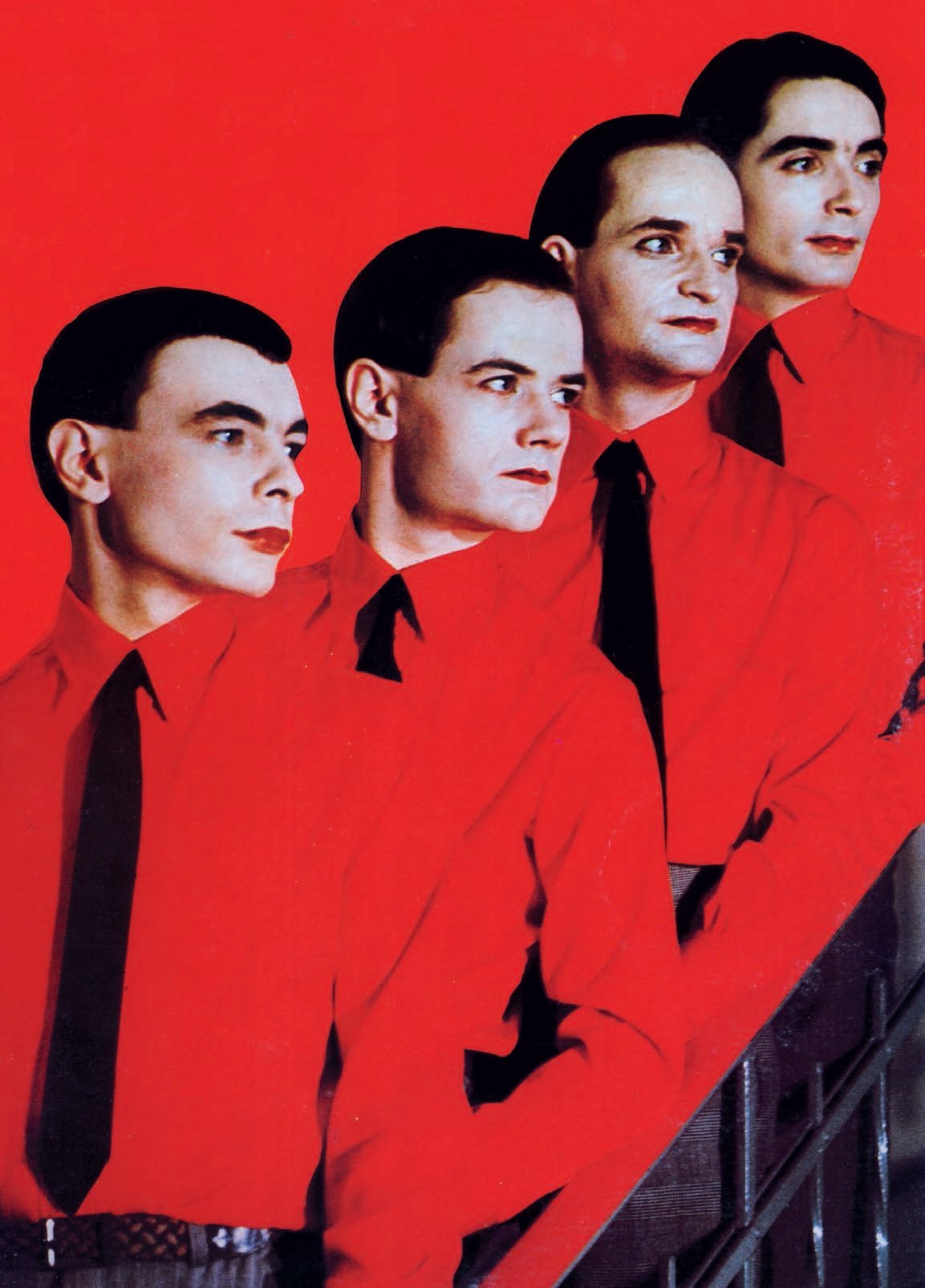
Kraftwerk, as pictured on the front of The Man-Machine, 1978. L-R: Carl Bartos, Ralf Hütter, Florian Schneider, Wolfgang Flür
“WE WERE FINDING KRAFTWERK, SETTING UP THE STUDIO, FINDING MUSICIANS, DISCOVERING COMPOSITION, THE GERMAN LANGUAGE, HUMAN VOICE, SYNTHETIC VOICE” RALF HÜTTER
Leggete l'articolo completo e molti altri in questo numero di
Classic Pop
Opzioni di acquisto di seguito
Se il problema è vostro,
Accesso per leggere subito l'articolo completo.
Singolo numero digitale
Classic Pop Presents SynthPop Vol 2
Questo numero speciale non è incluso in un nuovo
Classic Pop abbonamento. Gli abbonamenti comprendono l'ultimo numero regolare e i nuovi numeri pubblicati durante l'abbonamento.
Abbonamento digitale annuale
€31,99
fatturati annualmente
Abbonamento digitale di 6 mesi
€16,99
fatturati due volte l'anno